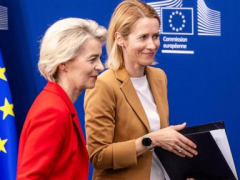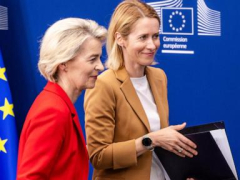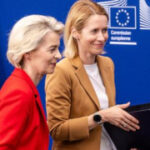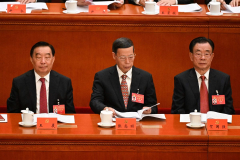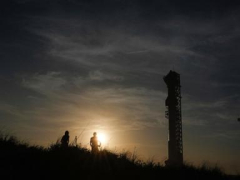BRUSSELS — The European Union wants to lower a cap on the price of Russian oil to deprive the Kremlin of extra profits to fund its war in Ukraine as part of a new raft of sanctions aimed at forcing Moscow to the negotiating table, senior officials said on Tuesday.
EU foreign policy chief Kaja Kallas said the bloc is “proposing to lower the oil price cap from $60 to $45, which is lower than the market price, and lowering the oil price cap will hit Russia’s revenues hard.”
Kallas said the EU also wants to impose “sanctions on the Nord Stream pipelines to prevent Russia generating any revenue in the future. In this way, it sends a clear signal we are not going back to business as usual.”
All 27 EU member countries must all agree for the sanctions to enter force.
In 2023, Ukraine’s Western allies limited sales of Russian oil to $60 per barrel but the price cap was largely symbolic as most of Moscow’s crude — its main moneymaker — cost less than that. Still, the cap was there in case oil prices rose.
Oil income is the linchpin of Russia’s economy, allowing President Vladimir Putin to pour money into the armed forces while avoiding worsening inflation for everyday people and a currency collapse.
European Commission President Ursula von der Leyen said she assumed that the price cap would be discussed and agreed among the leaders of the Group of Seven major world economic powers when they meet in Canada on June 15-17.
She said the United States and its G7 partners realize “that the oil price has lowered so much that the effectiveness of the cap is to be questioned, and therefore we all want to lower the oil price from $60 per barrel down to $45 per barrel.”
The Nord Stream gas pipelines were built to carry Russian natural gas to Germany but are not in operation. They were sabotaged in 2022, but the source of the underwater explosions has remained a major internat

